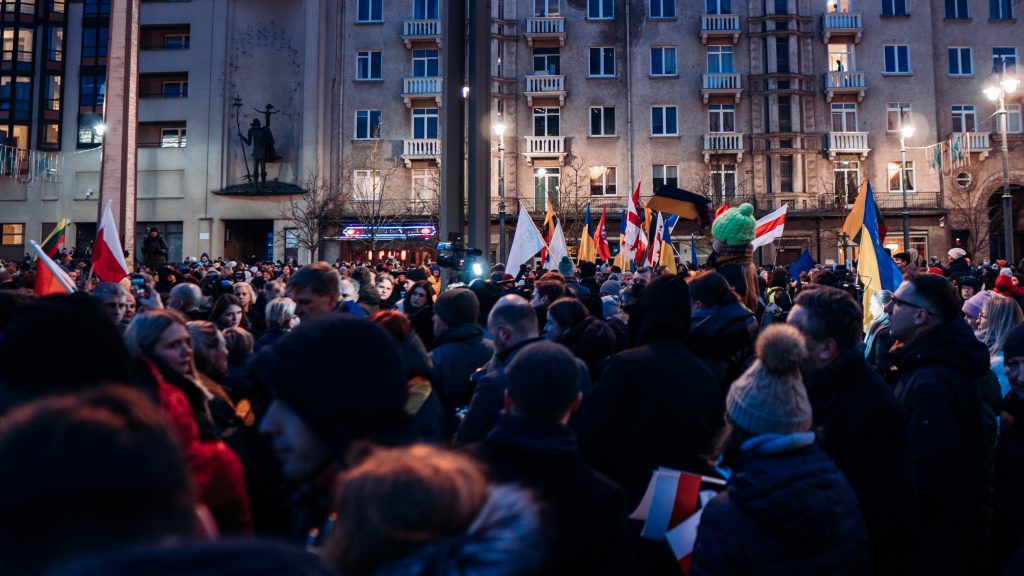Ukraine-Russia News
EU agrees to toughen sanctions on Russia, Belarus

BRUSSELS – European Union ambassadors agreed on Wednesday to adopt further sanctions against Russia and Belarus in response to the war in Ukraine.
EU ambassadors of the 27 member states “agreed on new sanctions targeting Russian officials and oligarchs, as well as their family members for their involvement in the Russian aggression against Ukraine,” the French government assuming the rotating presidency of the Council of the European Union said on Twitter.
The EU envoys also reached a deal on measures that complete previous sanctions, such as “excluding three Belarusian banks from the SWIFT (Society for Worldwide Interbank Financial Telecommunication) system,” “clarifying the question of cryptocurrencies, and adding new items to the list banning the export of technologies and goods,” the announcement added.
EU national capitals have yet to officially adopt the measures by a written procedure, which is expected soon.
Belarus, a pro-Moscow Eastern European state that borders both Ukraine and Russia, has said it is not taking part and will not take part in Russia’s war on Ukraine.
Besides sanctions, the war on Ukraine has drawn international condemnation and spurred an exodus of global companies from Russia.
The EU earlier adopted three sanctions packages against Russia, targeting among others President Russian Vladimir Putin, top diplomat Sergey Lavrov, excluding seven Russian banks from the SWIFT international banking system, and banning broadcasting activities of Sputnik and RT media outlets.
At least 474 civilians have been killed and 864 others injured in Ukraine since the beginning of the war on February 24, according to UN figures.
Over 2 million people have also fled Ukraine to neighboring countries, UN high commissioner for refugees Filippo Grandi said on Tuesday.
Moscow retaliated to the sanctions by issuing a list of states and territories that took “unfriendly actions against Russia, its companies, and citizens.”
According to the decree, overseas creditors in these countries can be paid in rubles instead of foreign currencies.
Russian President Vladimir Putin has also ordered the government to draft a list of imports to be banned or restricted.





















